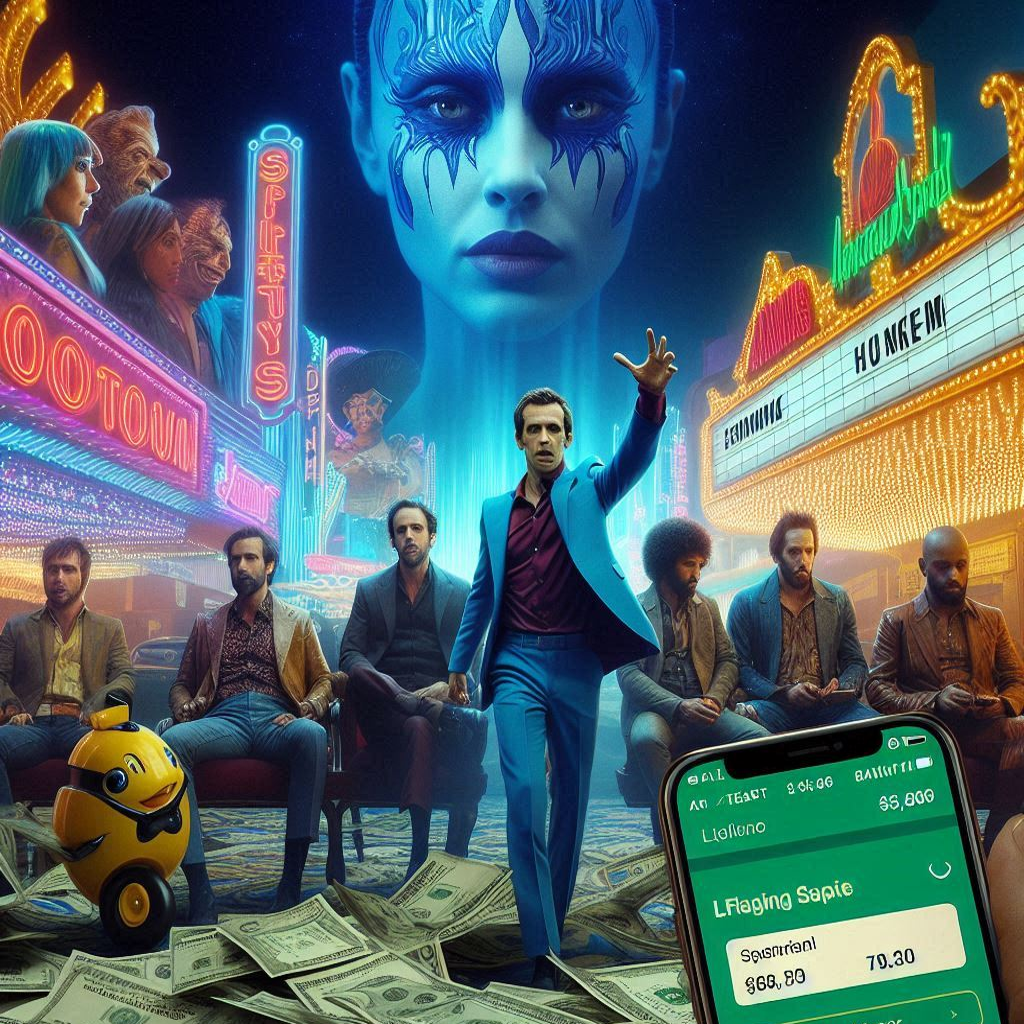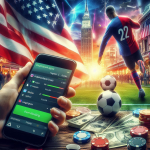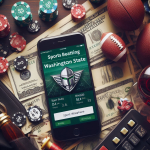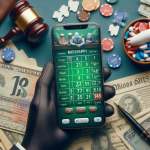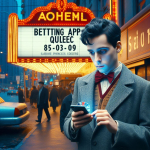In the world of online gaming and blockchain technology, a new players has emerged: Decentralized Autonomous Organizations (DAOs). Unlike traditional systems where a “House” or a central authority makes the rules and decisions, DAOs empower communities to take control. But how do they compare, and what does it mean for those who are playing?
DAOs are groups that use smart contracts on a blockchain to automtically enforce rules and processes. This means that members can vote on decisions, like how to spend funds or set bonuses. This level of involvement makes the community a key player in shaping their experience.
On the other hand, the House is the traditional method, where a central authority, like a game developer or a casino, controls everything. They decide the odds, bonuses, and payments. Players often feel less connected in this setup, having little say over important decisions.
In sum, the main difference lies in control: DAOs give power to the people, allowing them to create their own rules and make decisions together. This change signifies a move towards a more democratic approach in various fields, not just gaming, where the community finally has a voice.
Glossary:
1. DAO (Decentralized Autonomous Organization) – A digital organization that operates on blockchain technology, allowing members to vote on decisions.
2. House – The central authority in traditional systems that sets rules and governs outcomes.
3. Smart contracts – Self-executing contracts with the terms of the agreement directly written into code on the blockchain.
4. Community – A group of individuals who come together to share common interests and goals, especially in digital environments.
With DAOs gaining traction, it opens up a world of possibilities for how communities can manage their own affairs, making gaming and other experiences more participatory and fair.
Understanding DAOs and Their Role in Community Governance
DAOs, or Decentralized Autonomous Organizations, represent a new way for communities to manage themselves without central authorities. Think of a DAO as a group of friends who decide what movie to watch without a leader—they all get a say and vote on their favorite choices.
What is a DAO?
A DAO is a digital organization that runs on smart contracts. These contracts are self-executing agreements with the rules of the organization coded into them. This means that decisions are made by the community rather than a single person or group, similar to how a cooperative works.
Key Terms Explained
- Smart Contract: A digital contract that automatically enforces and executes its terms based on the code.
- Token: A unit of value created on a blockchain. In a DAO, tokens often represent voting power.
- Governance: The way decisions are made within an organization.
The House: Traditional Governance
In contrast to DAOs, “the House” refers to traditional organizational structures, such as corporations or governments, where decisions are typically made by a select group of leaders. This structure can concentrate power and limit community involvement.
“DAOs represent a radical shift in the way we think about governance and community collaboration.” – Blockchain Researcher
Comparing DAOs and Traditional Governance
| Decision-Making | Community votes on proposals | Leaders make decisions |
| Transparency | All transactions open to the public | Limited public visibility |
| Participation | Everyone can contribute | Restricted to those in power |
Challenges of DAOs
While DAOs have many advantages, they also face some challenges:
- Lack of Clear Leadership: Sometimes, too much democracy can lead to indecision.
- Security Risks: If smart contracts are flawed, they can be exploited by hackers.
- Participation Inequality: Not all community members may actively participate, leading to unequal power dynamics.
Potential Solutions to DAO Challenges
To address these challenges, several solutions have been proposed:
- Q&A Sessions: Regular meetings can help clarify decisions and guide the community.
- Smart Contract Audits: Routine checks by experts can help secure DAOs against vulnerabilities.
- Incentives for Participation: Offering token rewards for active involvement can motivate members to engage.
Voices from the Community
“Engaging the community actively can enhance the decision-making process and overall satisfaction.” – Community Organizer
Conclusion: The Future of Community Governance
The conflict between DAOs and traditional governance structures represents a fascinating evolution in how communities establish rules and cooperate. As technology continues to advance, the balance between community-led initiatives and traditional authority will likely shape the future of governance.
What is a DAO?
A DAO, or Decentralized Autonomous Organization, is an organization that is run by smart contracts on a blockchain. Members of a DAO can propose and vote on decisions, allowing for more democratic governance without centralized control.
How do DAOs differ from traditional organizations?
Traditional organizations, or “the House,” typically have a hierarchical structure with centralized decision-making. In contrast, DAOs operate on a flat structure where every member has a voice, and decision-making is done through community voting.
What are the bonus rules in a DAO?
Bonus rules in a DAO are guidelines set by the community to determine how bonuses or rewards are distributed among members. These rules can be created and modified through proposals and voting.
DAO Communities: Investment or Governance? Exploring Token vs Share-Based Models ��
Who sets the bonus rules in a DAO?
The community members of the DAO set the bonus rules. Any member can propose changes to the rules, and these proposals are voted on by the entire community, ensuring that the decision reflects the collective will.
Can the House override DAO decisions about bonuses?
No, one of the key features of a DAO is that its decisions are autonomous and cannot be overridden by traditional organizational structures. Once the community votes on bonus rules, those rules stand unless changed by subsequent votes.
Are there any risks associated with DAOs?
Yes, some risks include potential security vulnerabilities in smart contracts, the possibility of governance attacks where a small group could sway votes, and the challenge of reaching consensus on decisions. It is important for members to remain vigilant and participate actively.
How can I become a member of a DAO?
To become a member of a DAO, you typically need to hold the DAO’s governance tokens, which are often obtained by participating in its ecosystem, contributing to projects, or purchasing them from exchanges. Membership usually grants you voting rights on proposals.
What are the benefits of participating in a DAO?
Participating in a DAO allows individuals to have a direct influence on organizational decisions, contribute to governance, and engage with a community of like-minded individuals. Additionally, there are often financial incentives through bonuses or rewards for active participation.
Can the rules of a DAO change?
Yes, the rules of a DAO can change. Any member can propose amendments to the existing rules, and these proposals are subject to community voting. This flexibility is central to the democratic nature of DAOs.
What is the future of DAOs?
The future of DAOs looks promising as they offer innovative governance solutions in various industries. Their potential for creating decentralized, community-driven organizations may significantly impact how we think about decision-making and organizational structures in the future.
